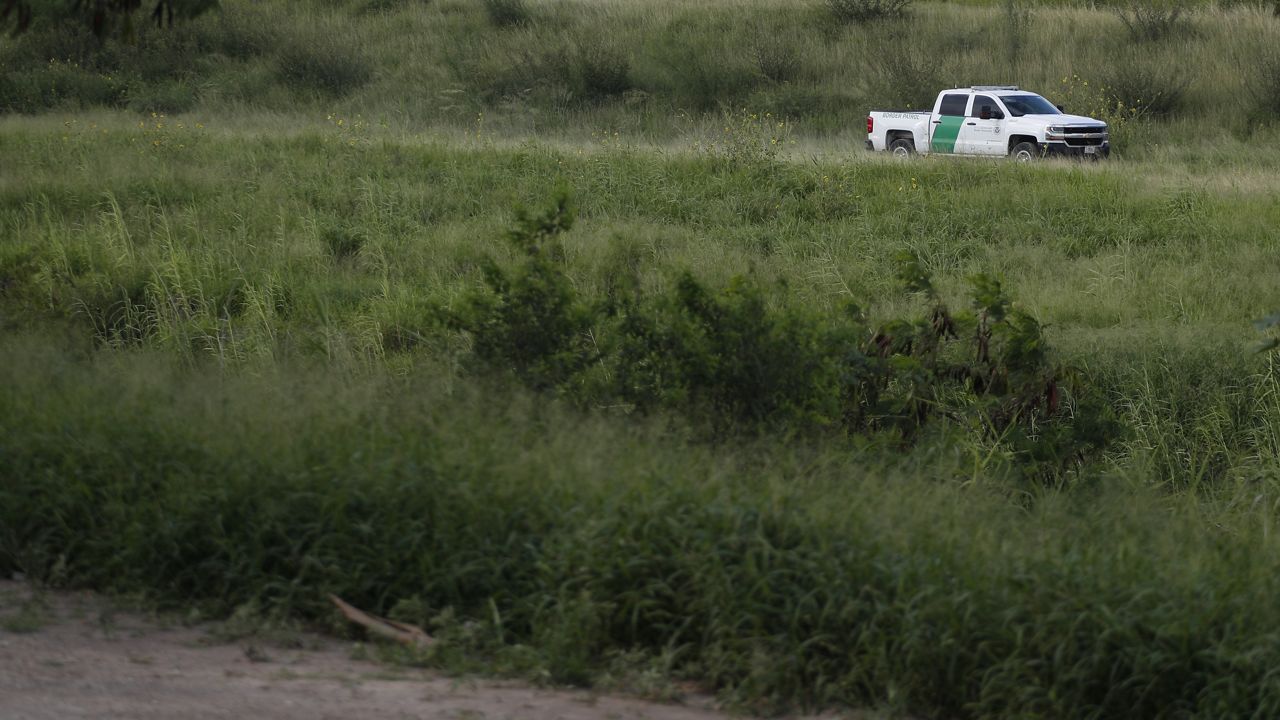AUSTIN, Texas — Members of the state legislature are debating bills that could impact future elections. Sen. Drew Springer, R-Muenster, filed a bill that would punish election officials for straying away from state election code. During a special session two years ago, Sen. Springer said lawmakers passed a bill that said local officials couldn’t make up their own election laws, but it was missing something.
What You Need To Know
- During the pandemic, election officials made modifications for voters. Some counties had drive-thru voting, others had polling locations that were open for 24 hours. Any sort of accommodation like this is no longer allowed, and with this legislation, election officials could soon face civil penalties if they try to make voting more accessible moving forward
- If Sen. Springer’s bill passes, anyone would be able to file a complaint against an election official
- Some voting rights groups are worried that Senate Bill 1807 would intimidate and dissuade Texans from wanting to become an election official, and ultimately “keep voters from voting and in certain parts of the state or in certain demographic areas"
- A recent University of Texas and Texas Politics Project survey that sampled 1,200 registered voters found that 72% support increasing punishments for violations of Texas election laws
“We needed to put penalties in place,” Sen. Springer said.
During the pandemic, election officials made modifications for voters. Some counties had drive-thru voting, others had polling locations that were open for 24 hours. Any sort of accommodation like this is no longer allowed, and with this legislation, election officials could soon face civil penalties if they try to make voting more accessible moving forward.
If Sen. Springer’s bill passes, anyone would be able to file a complaint against an election official. The secretary of state would investigate it, and if they discover a violation and an election official does not fix it within the grace period, they’d be fined $1,000 to $5,000 a day.
“A common mistake is something you're gonna be charged for. You’ve got a couple of days [after] you get notified that you're in violation. We want you to get back in good standings on the election laws. And so, it's only if you're really being… obnoxious on it that we're going to end up charging you a fine,” said Sen. Springer.
Katya Ehresman, the voting rights program manager at Common Cause Texas, signed up to testify against the bill Thursday.
“Bills like 1807 are making it much harder for election administrators to do their job, to do their job proactively and to do their job in a way that helps voters,” said Ehresman.
She and other voting rights groups are worried that Senate Bill 1807 would intimidate and dissuade Texans from wanting to become an election official, and ultimately “keep voters from voting and in certain parts of the state or in certain demographic areas.”
“I think anything that adds that penalty and that risk of penalty is an intimidation factor for election administrators and election workers to do their job, when we should be giving them more resources, more capacity, more money and making sure that they're able to do their job better without that threat,” Ehresman said.
Ehresman also said officials could choose not to have polling locations on college campuses if this bill passes.
“Many times, things like wait time trackers, things like placing polling locations on college campuses, are things done by public officials through the county commissioners [and] courts, or elections officials through the election administrator or the county clerk, that are proactive measures that aren't necessarily [in the state’s election code],” Ehresman said.
But one conservative group says election officials should not be allowed to make accommodations like they did during the pandemic.
“In Texas, they had drive-thru voting, which wasn't statutorily authorized. And so, the problem was you had different voting procedures, different regulations, essentially, applying in different parts of the same state,” said Zack Smith, a legal fellow with the Heritage Foundation. “You want to be sure that you don't have essentially rogue local officials implementing their own policies or procedures.”
A recent University of Texas and Texas Politics Project survey that sampled 1,200 registered voters found that 72% support increasing punishments for violations of Texas election laws, including 92% of Republicans and 55% of Democrats.
“Look, it's like speed limits. We can have speed limits all day long, and if everybody knows they could never get a ticket for it, we wouldn't really have speed limits, because there is no consequence. So when you don't have consequences to actions that are illegal or against the rules, then it's just sort of natural for people to disregard them and not pay any attention to anything else,” Sen. Springer said.
Ultimately, Sen. Springer said polling locations need to be uniform across the state.
“We vote statewide, so to advantage one area over another is really wrong,” he said.









